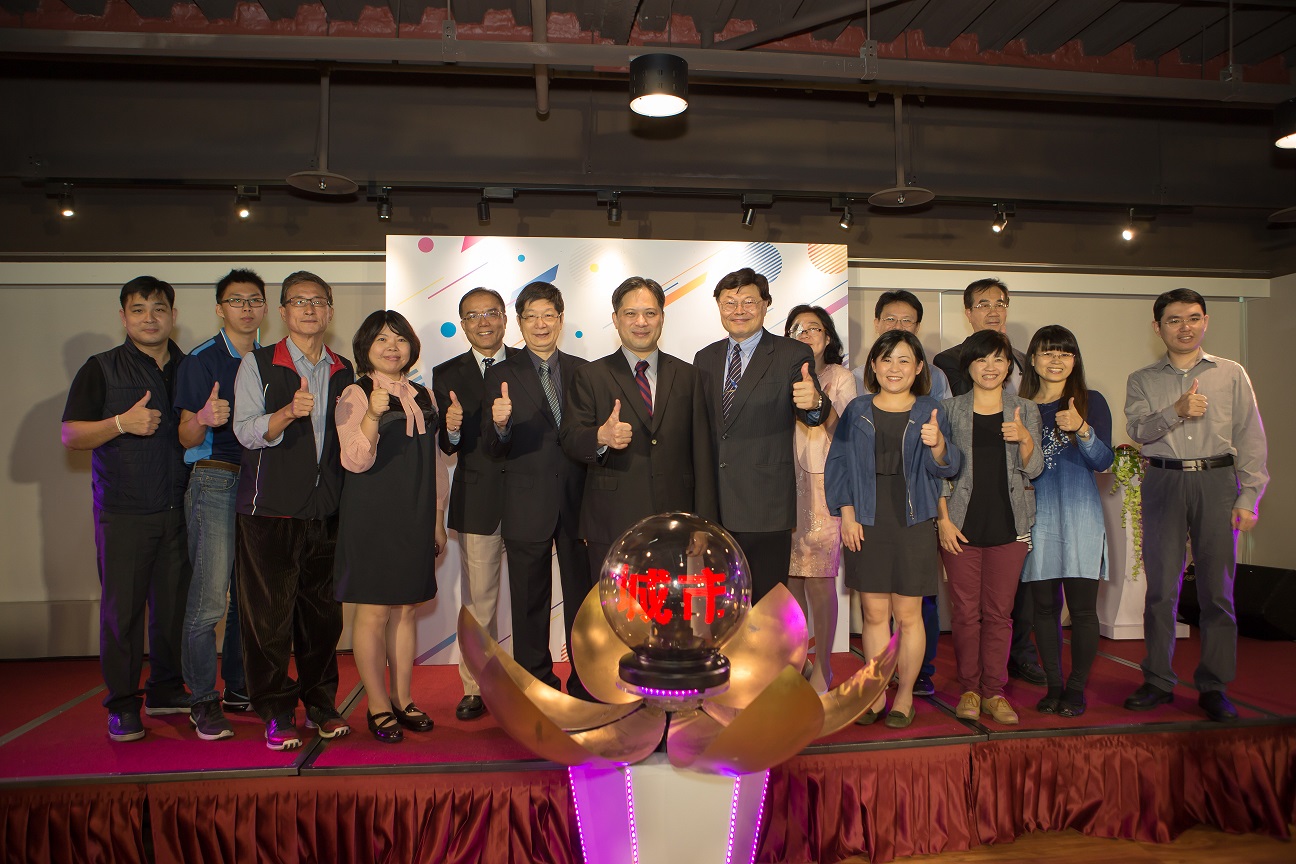The Metropolitan Design Equation - The Key Code to Design, Creating Service Innovation Value
- Post date:2017-12-26
- Visitors:2359
November 28th-29th, in Conference Room 601 of the Chang Yung-Fa Foundation International Convention Center, the Small and Medium Business Administration (SMEA) of the Ministry of Economic Affairs held a presentation of guidance results from the Metropolitan Design Equation - The Key Code to Design, Creating Service Innovation Value project. The project is aimed at helping small and medium enterprises (SMEs) optimize their service experiences and upgrade their product design and development capabilities. The presentation combined static and dynamic exhibits, business opportunity matching, and promotion of guidance results, which facilitated cross-industry exchanges for enterprises receiving guidance.
The event was held November 28th–29th. In addition to inviting experts in various fields to give speeches, the event also featured sharing of examples from this year's guidance process. The combined exhibition of concrete results showed the brilliant results SMEs have had in their dedication to innovation and optimization. In 2017's project implementation process, assistance was provided in a total of 35 guidance projects. These increased business opportunities and revenue by nearly NT$100 million and provided opportunities for 99 people to find employment. The enterprises that received guidance actively participated in international design awards during the design process. Sunshine Fruit uses the concept of the circular economy as its driving force. Besides obtaining an invention patent for its pineapple paper this year, it also won Japan's Good Design Award in 2017. Natural Color Handmade Workshop in Nantou applies indigo dye on different materials and living situations, and has attracted many international experts on indigo dye to learn from the workshop and engage in exchange.
With regard to service optimization, Noodles Origin Corporation established a Noodle Culture Museum, which uses vivid and lifelike miniatures to show the noodle-making and -selling process, from the barley, to making noodles from flour, to sales. The service experience design, from kneading the dough to creating the noodles and then bundling them, not only passes down the cultural meaning of traditional food in early Taiwan, but also engages participants in exchange during the service experience process. Many of the cases show the ambition and processes SMEs have used when pursuing innovation and transformation. Guidance in service optimization and adding value through design allows SMEs to explore user requirements, beginning with their very first design thoughts. From this, SMEs will be able to create new value for their services and products, and the SMEA hopes to thus align SMEs in Taiwan with the global market.
To help attendees better understand the spirit of the project, besides sharing successful guidance cases, the event also invited Paul Tsai, CEO of Eastern Online Co., Ltd., Jackie Wang, Founder and CEO of REnato lab Inc., Daniel Wu, Chief Human Resources Officer of ASUSTeK Computer Inc., and Professor Liou Wei-Gong of Soochow University to speak. They talked on consumer trend surveys, the circular economy, the digital economy, and the experiential economy, respectively. Inside the exhibition, guidance results were presented in coordination with the speeches given by experts during the event. Outside, the innovations and creativity of SMEs were on display in various forms, with a simple overall design based on the concept of environmental protection. The atmosphere was an experience for all five senses. Technology applications provided an interactive experience for participants, and displayed the creativity and dreams of SMEs through a wide range of approaches. Creation supports creativity, and design creates new business opportunities for SMEs.

